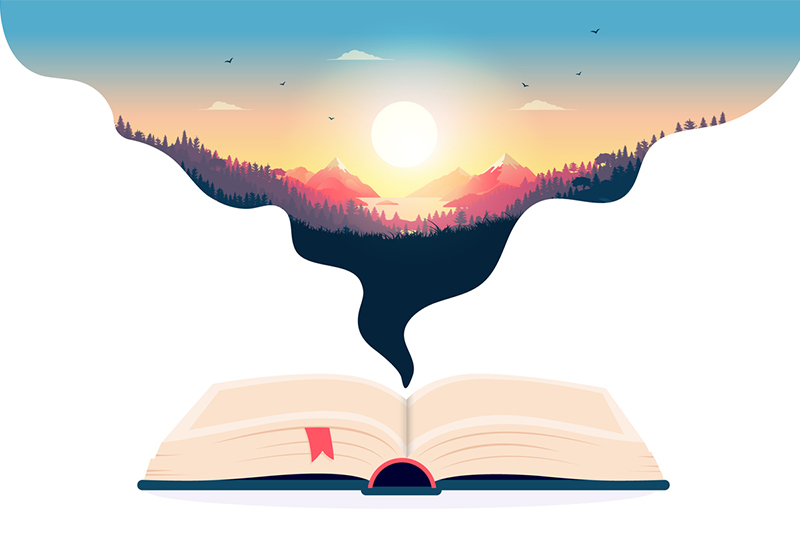By Cai Bardsley, Student Adviser (edvic.studentadviser@iped-editors.org)
Thirty-three people attended our poetry cuppa on 23 March, where Acting President Margaret Trudgeon introduced the host, Andy Jackson, a poet and creative writing teacher, to discuss the challenges of editing poetry and of being edited as a poet. Andy was awarded the inaugural Writing the Future of Health Fellowship, and is a Patron of Writers Victoria. He has co-edited disability-themed issues of Southerly and Australian poetry journal, and his latest poetry collection is Human looking, which won the 2022 ALS Gold Medal and the Prime Minister’s Award for Poetry.
Andy began by talking about what poetry is, and what it is at the moment:
- The poetry scene is really strong in Australia at the moment, but the outlets for poetry are much smaller than the amount of poetry being published.
- If a poem needs a bit of work, the publisher will usually pass it by. For this reason, poems usually aren’t heavily edited.
- Poets these days are usually very deliberate with their treatment of the text. This can include spelling deviations, unconventional use of spacing, line breaks, dashes etc.
- You can never assume that what looks like a mistake might not be deliberate, but you must question it at the same time.
- It can be difficult for someone who is unfamiliar with contemporary poetry to edit it intuitively. Some poets would potentially prefer their editor to be a poet or familiar with poetry.
- Poets and editors both deal in detail, so that can be a place to work from.
From here, discussion involved participants asking Andy questions of various subjects. Some key points included:
- How challenging or surprising it can be for the author when the editor wants to make what feel like major changes to the work. It is difficult but important to think critically about what belongs in the work and what might not. Trust is the most important thing in the relationship between author and editor.
- The importance of looking at poems in a collection in the context of the rest of the works.
- What is microfiction and what is a poem? It’s a very thin line between microfiction and a prose poem. Some contexts to consider would be the community, ecosystem, publisher or prize. Essentially, what is the author saying it is? Listen to what is important to them.
- There aren’t many outlets or much funding for reviews/reviewing in the poetry community. Word of mouth and giving readings are still powerful things for poets.
Andy shared his thoughts and personal approach to the process of writing poetry; some of these included:
- He uses pen and paper, or writing in a journal. The reason for this is that it is very immediate and embodied.
- A blank word document can sometimes feel more intimidating than a blank journal page. It can be easier to feel immersed with a journal.
- Every poem is different.
- Some poems will come from a sense of a voice or image.
- Writing digitally is better for cutting and pasting ideas together. It is helpful to be able to move things around.
Some observations and experiences of editing poetry were shared; key points included:
- how easy it can be for small details such as line breaks, stanza breaks and spacing mistakes to show up when editing poetry
- how important it is to have proofs
- how often it happens that a poem may be rejected by a certain journal or publisher only to be snatched up by another, and whether this is a matter of context, such as themes or timing.
- the trust between a poet and an editor and the things that can develop this trust – something you can do as an editor is to specify the reason behind queries or suggested changes to give the writer a sense that you understand and appreciate what they are doing with their writing. It may involve the need for more communication, time or complication when editing poetry, but the common goal is to move towards the changes together.
He offered some tips and advice on editing poetry:
- Be inclusive and diverse. Remember how broad poetry can be and try to incorporate as many voices and stories as possible.
- Trust your instincts to support and nurture material that you really enjoy working with and follow what speaks to you.
- Always keep your mind open; be prepared to be surprised.
Other topics of discussion involved:
- the pros and cons of a poet laureate
- the conversion between a poem that is delivered orally, before written form – this can be a good comparison or reference for editors, to really see if things are landing on the page in the way they are intended
- the loss of Collected Works, a Melbourne poetry bookshop that had a large impact on the poetry community.

